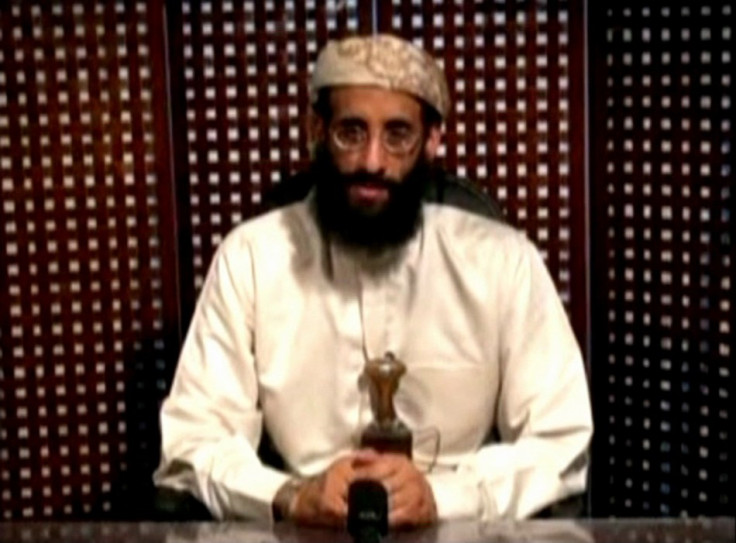YouTube blocks thousands of videos of al Qaeda-linked cleric Anwar al-Awlaki in 'watershed moment'
Many counterterrorism experts and governments have pushed for his videos, Islamist propaganda and terrorism content to be banned on YouTube.
YouTube has removed thousands of propaganda videos from late al-Qaeda-linked cleric Anwar al-Awlaki amid mounting pressure from governments and counterterrorism advocates. For years, hundreds of hours of the jihadist cleric's talks and lectures were easily accessible on the site.
As of this autumn, a search for "Anwar al-Awlaki" on YouTube gave more than 70,000 videos ranging from his years as a mainstream American imam to his time with Al Qaeda in Yemen, the New York Times reported. The same search on Sunday (12 November), however, yielded just 18,600 videos, most of which were news reports, documentaries and scholarly material about his life and death.
In 2010, Google removed hundreds of the radical cleric's videos that directly advocated violence after the conviction of Roshonara Choudhry for attempting to kill British MP Stephen Timms. At the time, YouTube said its community policies "prohibit dangerous or illegal activities such as bomb-making, hate speech, or incitement to commit specific and serious acts of violence".
It added that it removes all videos and terminates accounts registered by members of a "designated foreign terrorist organisation (FTO) and used in an official capacity to further the interests of the FTO."
Still, Al-Alwaki's "Call to Jihad" video that urged Western Muslims to join the jihad in the Middle East or carry out domestic attacks in their own countries still remained online until last year, NYT noted.
Al-Awlaki was killed in a drone strike ordered by the Obama administration in 2011. However, he still remained a dangerous figure, with his incendiary lectures and sermons still accessible online. He was also cited as an influence in numerous terrorist attacks over the years, including the ones at Fort hood, the Boston Marathon and San Bernardino among others.
Over the years, many counterterrorism experts and governments have long pushed for his videos, Islamist propaganda and other content that incites violence to be banned from YouTube.
Tech giants Google, Facebook and Twitter have come under intense scrutiny from governments and anti-terrorism advocates over the dissemination of extremist, hateful and violent content on their sites as well as their failure to immediately remove them.
Following the deadly Las Vegas shooting in October, YouTube banned gun modification tutorials from its site citing its policy against "harmful and dangerous content". Lawmakers have also voiced serious concerns over the use of social media and online platforms by terrorist organisations to recruit and radicalize people across the globe.
"It's a watershed moment on the question of whether we're going to allow the unchecked proliferation of cyberjihad," Mark D. Wallace, former diplomat and current CEO of the Counter Extremism Project - a research organization that long called for Awlaki's videos to be taken down online. "You just don't want to make it easy for people to listen to a guy who wants to harm us."
The New York Times noted that Awlaki's videos are still accessible on Daily Motion, the Internet Archive and Facebook.
Recently, Google, Facebook and Twitter admitted that their platforms were used by Russian operatives during the 2016 presidential election to spread propaganda designed to influence political opinion and sway the vote. Google revealed that Russian actors spent tens of thousands of dollars on propaganda ads on Google search, YouTube and Gmail.
All three companies announced their own set of measures to address the issue and vowed to be more transparent about its policies.






















